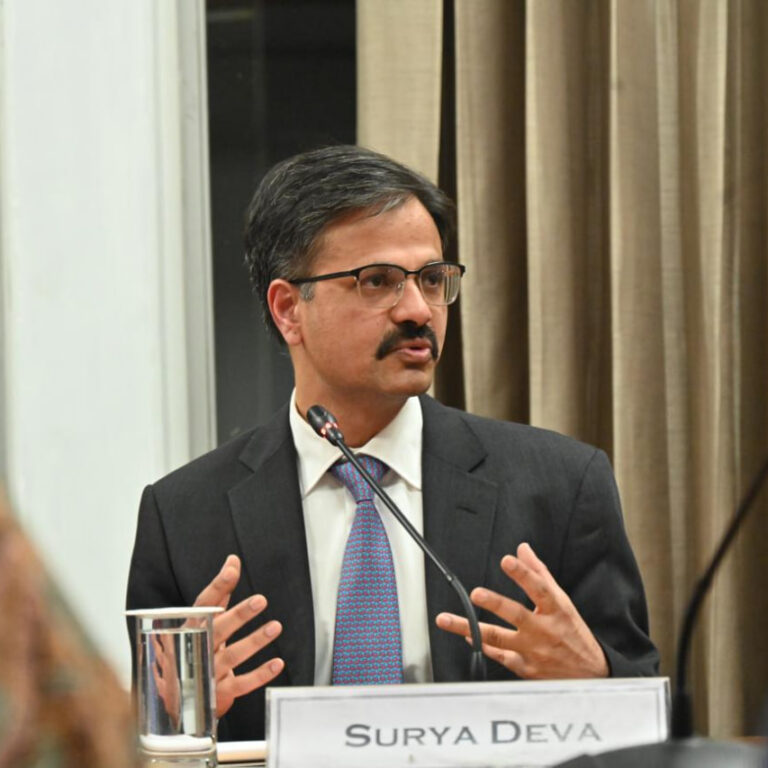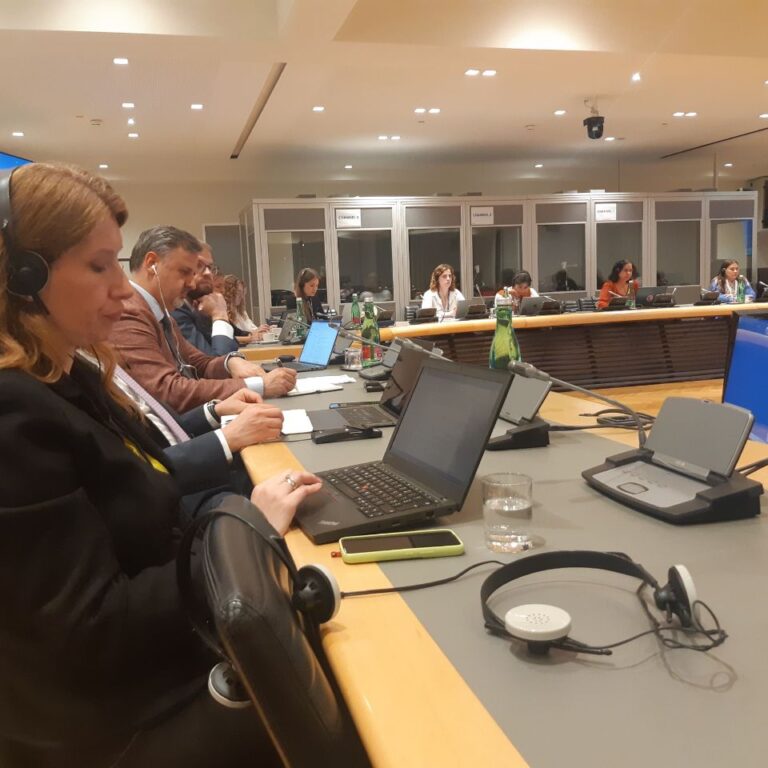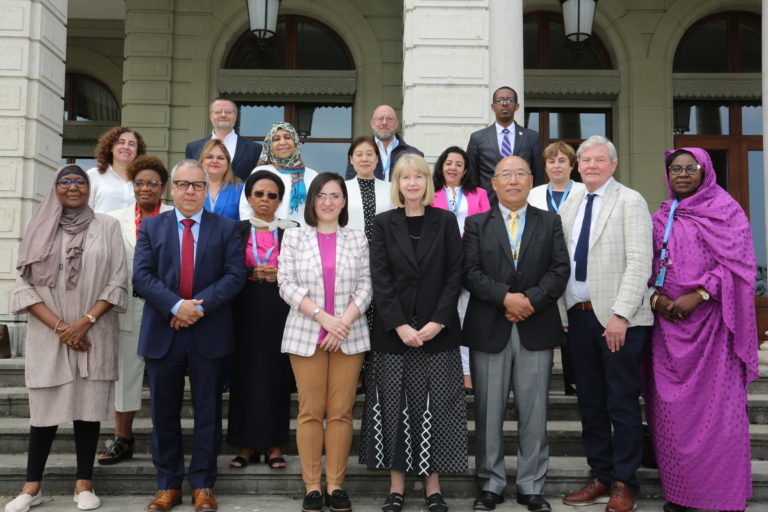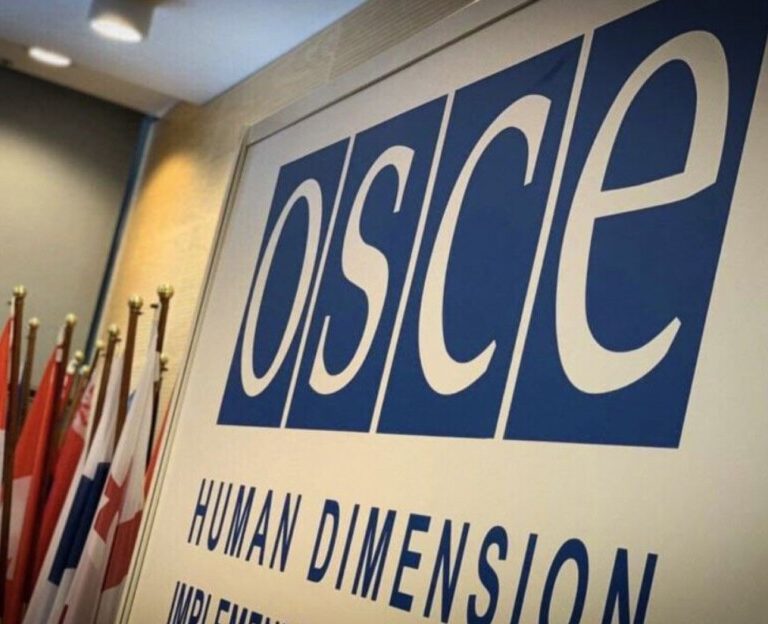Kherson’s peaceful resistance to Russian occupation became legendary; residents braved the onslaught of invaders armed only with Ukrainian flags and a sense of defiance. Special forces and military weapons were used to put down these demonstrations with extreme force. The whereabouts of some of the demonstrators who were taken to torture rooms are still unknown. Now that Kherson has been freed, the time has come for those responsible for the crimes committed there to face justice. The Ukrainian Prosecutor’s Office is conducting an investigation into the use of force against pro-Ukraine protesters in Kherson and other cities in the Kherson oblast.
The suppression of protesters is a crime under both international and Ukrainian law, so the prosecutors sought the advice of Oleksii Plotnikov, an expert of the ARC and as pecialist in international humanitarian law. All available evidence points to major violations by the occupants of the Geneva Convention for the Protection of Civilian Persons in Time of War and its Additional Protocol. In addition to being a breach of the prohibition on violence against life and person, the dispersal of a peaceful march is a violation of human rights in general.
Soldiers from Russia have been using firearms in an indiscriminate manner, which is a direct violation of the ban on attacking civilian populations during wartime and an act of terror against non – combatants. That behavior constitutes a crime against humanity. To say the least, this appears to be politically motivated persecution. It is inhumane to injure and mutilate demonstrators who are merely demonstrating peacefully. Enforced disappearances is a crime just as severe as the illegal detention of persons or their confinement in inhumane conditions.
The position of the International Criminal Court in relation to the events of the Revolution of Dignity in 2013–2014 is discussed at length in the expert opinion, as identical methods were used by the government against peaceful demonstrators at the time. As a result, the ICC stated that the special services’ violent acts against the demonstrators could be a crime against humanity under Article 7 of the Rome Statute in its 2015 report on the preliminary investigation. They may constitute a crime against humanity because of the excessive use of force, the systematic nature of the criminal behavior, and the sheer scale of the illicit activity.
The ICC’s findings are consistent with what has happened in Kherson, Nova Kakhovka, and other nearby towns. The suppression of Ukrainian movement in the occupied regions not an isolated incident or an individual’s escalation of violence, but a well-planned intentional and systematic policy. Its planners and executors will be held accountable. We would be proud to know, that the contribution of the ARC is beneficial for such accountability.







